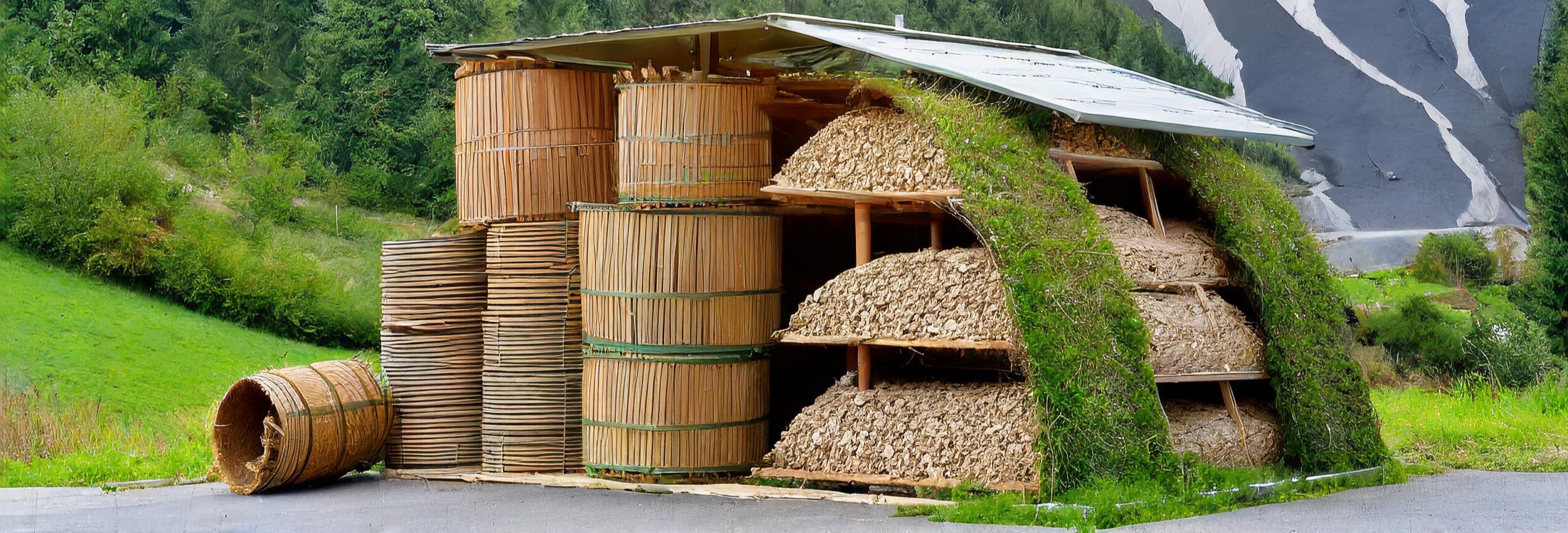Comprehensive Showcase of Global Bio-based Materials Innovations & Startups
From CLIMAFIX, the leader in climate innovation intelligence
Bio-based Materials Introduction:
Plastics are derived from crude oil, and thus inherently incorporate carbon. In addition, plastics pose significant disposal problems and other post-life management challenges.
Compared to oil-based plastics, bioplastics have a lower carbon footprint as they are derived from renewable and bioresources. In addition, some of them are biodegradable. Bioplastics are thus both a low-carbon and low-pollution alternative.
About 2.5 million tons of bioplastics are produced every year, with about 50% of them being biodegradable bioplastics. Bioplastics currently however constitute a small percentage of the 350 million tons per year plastics market, but the 2020-2030 period could see significant growth in this sector.
Biodegradable plastics are dominated by PLA, which is produced from sources such as corn. Starch-based bioplastics (PHA and PHB) are the other prominent biodegradable bioplastics category. Durable bioplastics come in the form of BioPET, BioPE, Bio-polyurethane, and bio-based polyamide (nylon).
Technologies are emerging to make bioplastics perform as well as their equivalent fossil plastic counterparts. However, two challenges remain: One, the standards and benchmarks for bioplastics are still evolving and the end user segment is thus not fully confident of using bioplastics for many large applications. Two, the cost of many bioplastic resins is much higher than their comparable or equivalent conventional plastic resins (about 3x in 2020).
For the 2020-2030 period, innovations in bioplastics and biopolymers can be expected around bio-based plastics for enhancing the performance of many types of biodegradable bioplastics, industrial bioplastics & biopolymers, a focus on bio-PET & bio-based food ware, biodegradable polymer additives, and enhancing the recycling infrastructure for bioplastics.
The Bio-based Materials Innovations & Startups Report provides insights on the following:
- Current & Emerging Technologies
- Innovation & Startups Analysis
- Urgency of this Decarbonization Avenue
- Unique Solutions Derived from Startups
- Commercialization Potential
- Scalability
- Highlights of Prominent Innovations & Startups
- List of 10 High-Impact Startups
For each startup, the following inputs are provided:
- Product
- Key benefits
- Technology & process
- Videos
- Links to founder profiles
- Links to prominent news & analyses about the startup
The Bio-based Materials Innovations Report is part of CLIMAFIX 500, a comprehensive global climate innovation and startup report.



